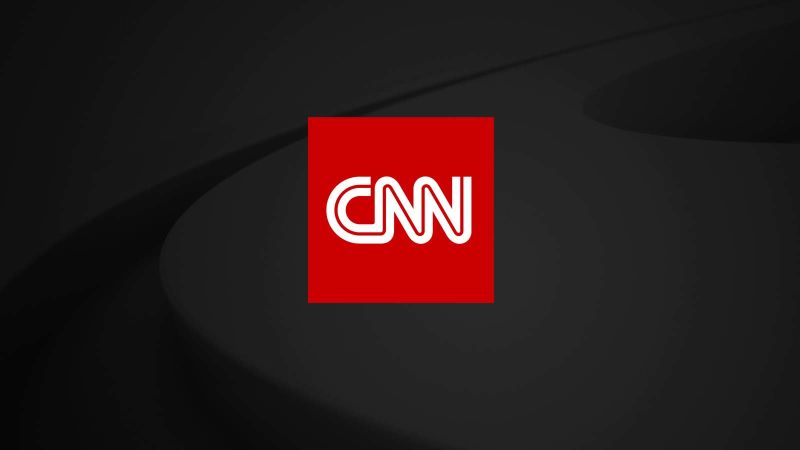Story highlights
Steve Jobs threatened to sue Palm over "poaching" employees, documents say
Former Apple CEO proposed agreement not to hire each others employees
Palm CEO called such a deal "wrong" and "likely illegal"
Biograpjy had mentioned Jobs' anger at Palm, but not lawsuit threats
Former Apple CEO Steve Jobs threatened to hit Palm with patent litigation if the company did not stop poaching valuable employees, according to a newly unsealed court filing (hat tip to Reuters). The document surfaced as part of a lawsuit between former employees of companies like Apple, Google, and Intel over the companies’ no-poaching agreements; US District Judge Lucy Koh denied parts of a request to keep some documents sealed, revealing Jobs’ comments to Palm CEO Edward Colligan.
According to the document, which was filed late Tuesday, both Apple and Palm hired one another’s employees during Colligan’s tenure between 2003 and 2009. Colligan claims Jobs called him in August of 2007 — roughly two months after the public launch of the iPhone — to propose “an agreement” wherein Palm and Apple would not hire employees away from each other. Colligan’s statement notes that the agreement contained a pretty strong “or else” clause: “Mr. Jobs also suggested that if Palm did not agree to such an arrangement, Palm could face lawsuits alleging infringement of Apple’s many patents.”
Steve Jobs’ yacht impounded over pay dispute
Colligan sent an e-mail response to Jobs expressing his concern over the discussion. “Your proposal that we agree that neither company will hire the other’s employees, regardless of the individual’s desires, is not only wrong, it is likely illegal,” Colligan wrote to Jobs on August 24, 2007.
Colligan went on to point out that Palm recruits employees based on talent, not because Palm wants to hurt other companies. “Threatening Palm with a patent lawsuit in response to a decision by one employee to leave Apple is just out of line. A lawsuit would not serve either of our interests and will not stop employees from migrating between our companies. […] We will both just end up paying a lot of lawyers a lot of money.”
Jobs replied a few hours later with a much shorter message. “This is not satisfactory to Apple,” Jobs wrote. “I’m sure you realize the asymmetry in the financial resources of our respective companies when you say: ‘We will both just end up paying a lot of lawyers a lot of money.’”
Photo: Ashton Kutcher as Steve Jobs in ‘jOBS’
Jobs ended his letter by suggesting Colligan “take a look at our patent portfolio before you make a final decision here.”
As noted by MacRumors, Walter Isaacson’s 2011 biography of Steve Jobs made reference to Jobs’ anger at Palm over the hiring of Apple employees, but did not discuss Jobs’ threat of patent litigation.
Other companies involved in the lawsuit — including Apple, Adobe, Google, Intel, Intuit, and Pixar — had indeed begun to agree not to cold call each other’s employees at that time. The US Department of Justice filed an antitrust lawsuit against the companies and forced them to dissolve the agreements in 2010, but the current lawsuit is a civil complaint filed by five former employees.
Current Apple CEO Tim Cook has been ordered by Judge Koh to give a deposition about Apple’s role in the alleged collusion, although Apple argues that only Jobs was involved in the discussion and that Cook had no knowledge of the agreements.
COPYRIGHT 2015 ARSTECHNICA.COM





